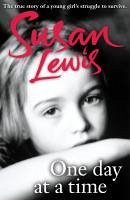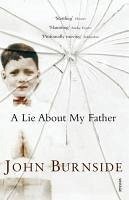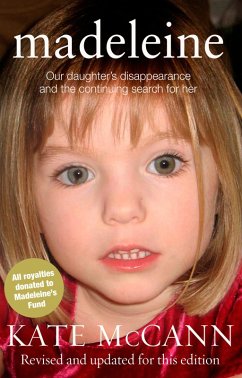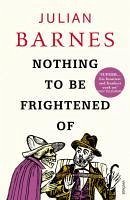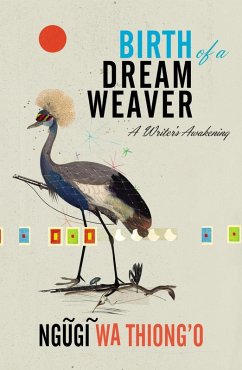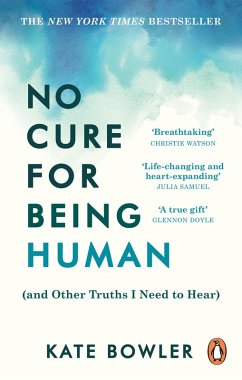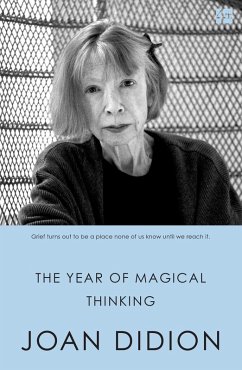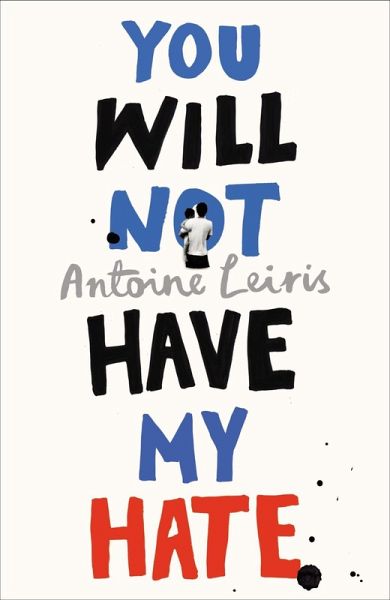
You Will Not Have My Hate (eBook, ePUB)
Versandkostenfrei!
Sofort per Download lieferbar
9,49 €
inkl. MwSt.
Weitere Ausgaben:

PAYBACK Punkte
0 °P sammeln!
'A beacon of hope in a dark world' Cathy Rentzenbrink, The PoolOne night in November 2015, when Antoine Leiris was at home looking after his baby son, his wife Hélène was killed, along with 88 other people, at the Bataclan Theatre in Paris. Three days later, Antoine wrote an open letter to his wife's killers on Facebook. He refused to be cowed or to let his baby son's life be defined by their acts. 'For as long as he lives, this little boy will insult you with his happiness and freedom,' he wrote. Instantly, that short post caught fire and was shared thousands of times around the world. An e...
'A beacon of hope in a dark world' Cathy Rentzenbrink, The Pool
One night in November 2015, when Antoine Leiris was at home looking after his baby son, his wife Hélène was killed, along with 88 other people, at the Bataclan Theatre in Paris. Three days later, Antoine wrote an open letter to his wife's killers on Facebook. He refused to be cowed or to let his baby son's life be defined by their acts. 'For as long as he lives, this little boy will insult you with his happiness and freedom,' he wrote. Instantly, that short post caught fire and was shared thousands of times around the world. An extraordinary and heartbreaking memoir, You Will Not Have My Hate is a universal message of hope and resilience in our troubled times.
One night in November 2015, when Antoine Leiris was at home looking after his baby son, his wife Hélène was killed, along with 88 other people, at the Bataclan Theatre in Paris. Three days later, Antoine wrote an open letter to his wife's killers on Facebook. He refused to be cowed or to let his baby son's life be defined by their acts. 'For as long as he lives, this little boy will insult you with his happiness and freedom,' he wrote. Instantly, that short post caught fire and was shared thousands of times around the world. An extraordinary and heartbreaking memoir, You Will Not Have My Hate is a universal message of hope and resilience in our troubled times.
Dieser Download kann aus rechtlichen Gründen nur mit Rechnungsadresse in A, B, BG, CY, CZ, D, DK, EW, E, FIN, F, GR, HR, H, IRL, I, LT, L, LR, M, NL, PL, P, R, S, SLO, SK ausgeliefert werden.




